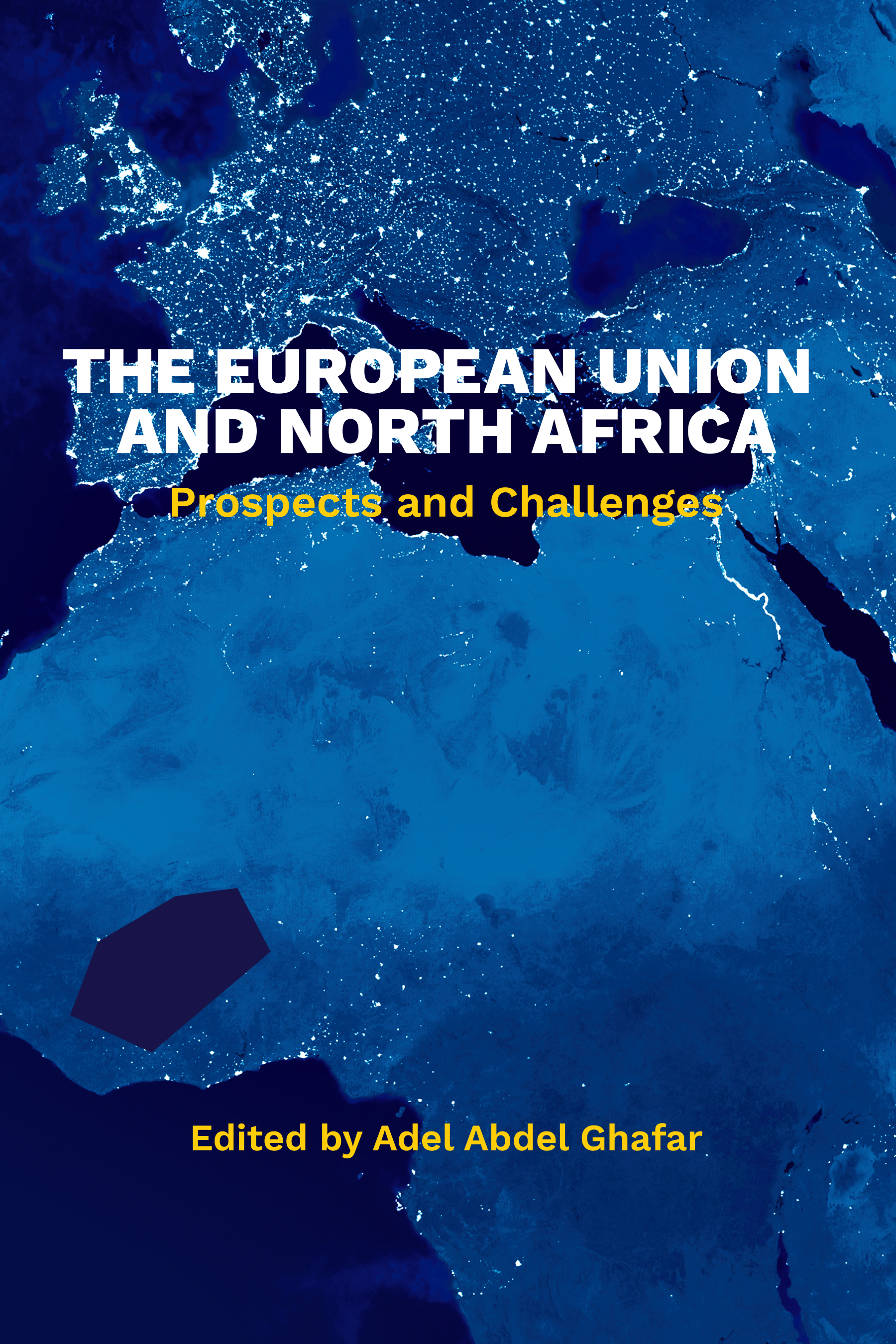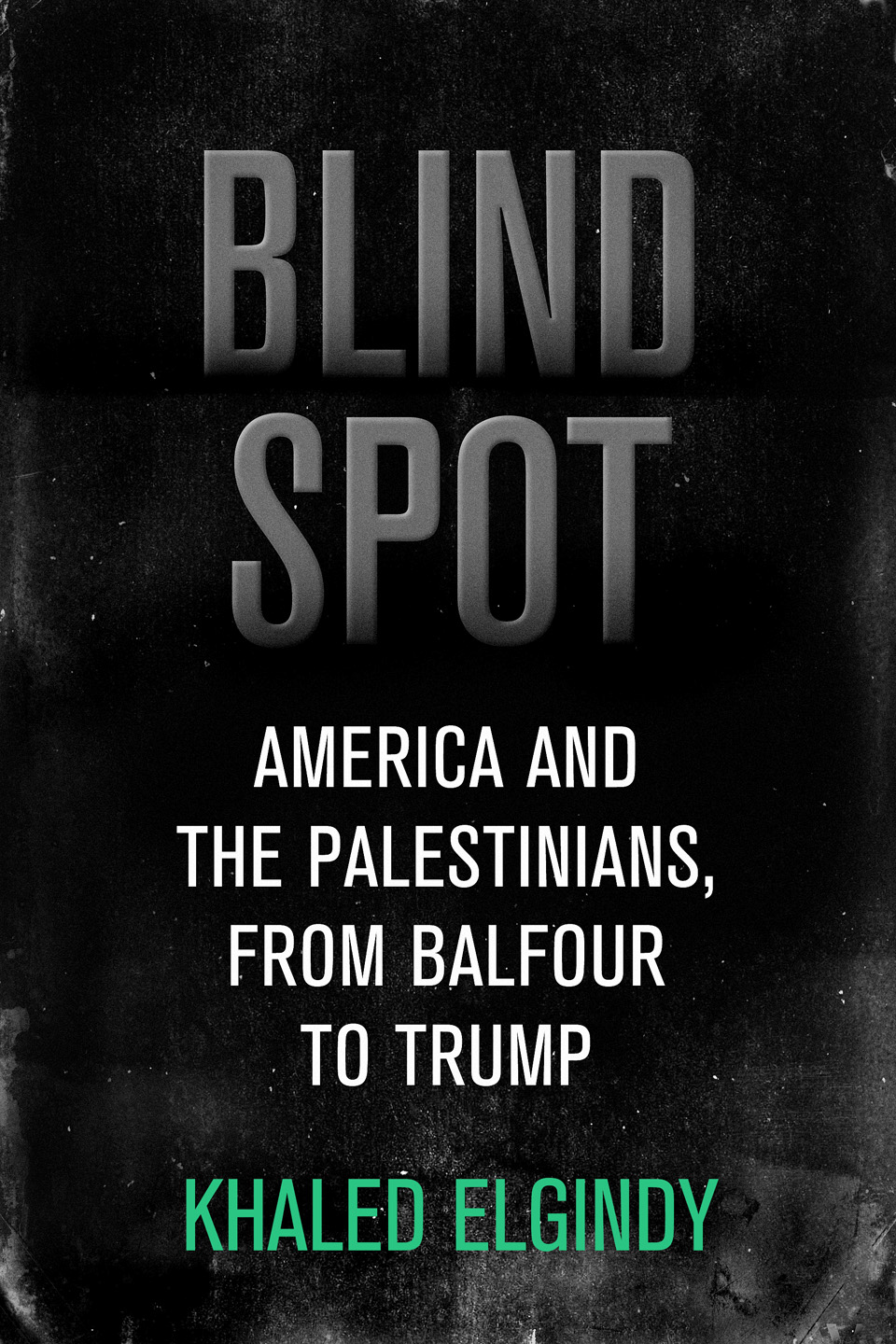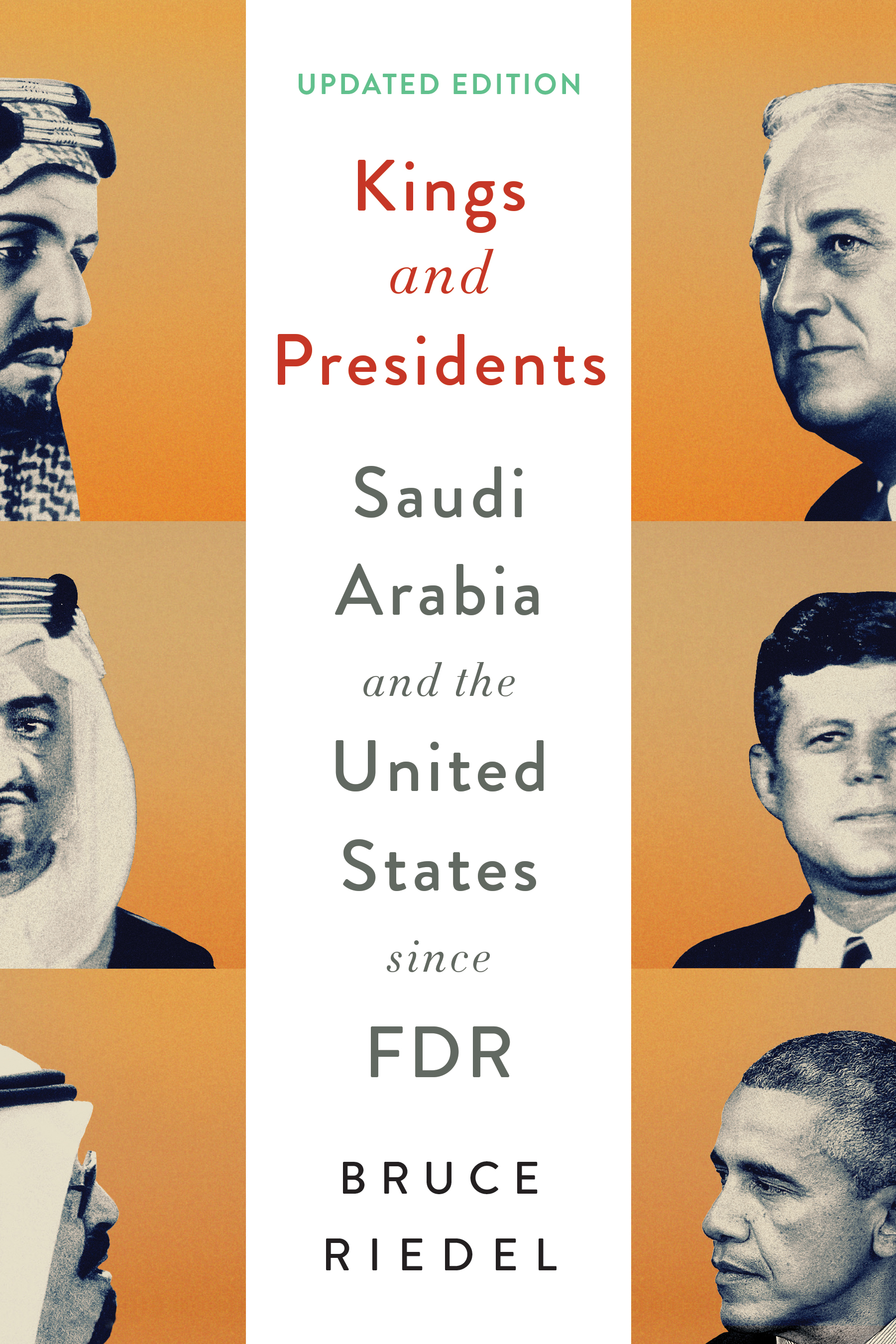Omar Rahman—Visiting Fellow, Brookings Doha Center: For a region already lacking in effective cooperative institutions, the blockade of Qatar has been especially pernicious. For two years the Gulf Cooperation Council (GCC) has ceased to function as a unified body—at least on a political level. The rift has filtered down to the popular level, as publics have rallied around the decisions of their leaders. But the Gulf rift has also not been contained institutionally in the GCC, rather it has spread outward to the Arab League and the Organization of Petroleum Exporting Countries (OPEC), which Qatar exited last year.
While neither of these institutions were paragons of effectiveness, the Gulf rift has hobbled them further still at a time of substantial turmoil in the region, and heightened security concerns in the Persian Gulf in particular, as the risk of war with Iran becomes more acute. The demands of the region require further unity and institution-building rather than fragmentation and divisive politics.
Noha Aboueldahab—Fellow in the Foreign Policy program at Brookings and at the Brookings Doha Center: Tensions among the Gulf countries continue to reverberate regionally. These tensions have already added to the uncertainty of the Sudanese transition and could extend to the Algerian transition as well. They have also complicated a resolution to the conflicts in Libya and Yemen. The Gulf crisis, now in its third year, remains one part of a larger picture involving a tense history that pre-dates the June 2017 blockade of Qatar. These unresolved, long-standing differences between the quartet and Qatar have intensified the counterrevolutionary aspirations of powerful actors such as Saudi Arabia, the UAE, and Egypt.
Consequently, the alarming surge in domestic repression now transcends borders through intensified transnational surveillance and intimidation. The practice of detention, torture and murder of dissidents, journalists, and other professionals from across the political spectrum, including prominent Saudi journalist Jamal Khashoggi, exemplifies the repercussions of heightened regional tensions, the Gulf crisis included.
Almost a decade since the Arab uprisings, local struggles against various oppressive forces persist. With the benefit of hindsight, protesters in Algeria and Sudan have a hefty task ahead of them: ridding themselves of the state apparatus that oppressed them for decades while ensuring that external crises – including that of the GCC – do not hijack their demands for freedom and social justice.
Zach Vertin—Nonresident fellow in the Brookings Foreign Policy program and visiting fellow at the Brookings Doha Center: Since 2017, the Gulf crisis has been exported to the Horn of Africa, where Gulf states and Turkey have sought to shore up access and influence. While new engagement in the Horn brings potential opportunities for political and economic integration astride the Red Sea, it also poses risks, especially in light of the militarization of external security dynamics.
The manifestation of the Gulf rivalry has had tangible impacts in Somalia, Djibouti, Ethiopia, Eritrea, and most recently, in Sudan. The regime of former Sudanese president, Omar Bashir, had previously sought to balance relations with both sides of the dispute, cooperating with the Saudi/UAE coalition in Yemen while at the same time developing new partnerships with both Qatar and Turkey. But his April 2019 ouster has left a political vacuum in Khartoum. While support and resources from the Gulf and Turkey will be essential in ensuring a political transition in Sudan succeeds, it is critical that foreign agendas not replace the popular demands of the street and their long-suppressed aspirations for democratic reform.
Ali Fathollah-Nejad—Visiting Fellow, Brookings Doha Center: Escalating tensions between Iran and the United States in May 2019, preceding the second anniversary of the blockade against Qatar, are a forceful reminder of the delicate balance in which the state finds itself, amid a seemingly perennially volatile geopolitics of the wider Persian Gulf region. Within the context of Iranian–American enmity, Doha’s position is indeed extraordinarily unique – or uniquely paradoxical in the current geopolitical circumstances – as it entertains good relations with both countries. On one hand, while sharing the world’s largest gas field with Iran, the blockade has produced what it hoped to avert, i.e. deepening Qatari–Iranian relations. On the other, Qatar is home to the largest U.S. military base in the region – also a guarantor against any invasion by the Saudi–Emirati axis or any potential Iranian usurpation.
Qatar finds itself in the eye of the hurricane, and yet this tenuous position could allow it to act as a mediator in quelling U.S.-Iran hostilities. While Qatar cannot insulate itself from this regional divide, it may be able to play an active role in mitigating it.
Yasmina Abouzzohour—Visiting Fellow, Brookings Doha Center: Two years into the Gulf crisis, Morocco’s official stance remains one of neutrality. Despite the country’s insistence that relations are strong with both sides, tensions seem to be rising between Morocco and the Saudi-Emirati bloc.
Several events demonstrate this chilling of relations: Morocco withdrew military support for the Saudi-led coalition in Yemen; King Mohammed VI did not meet with Crown Prince Mohammed bin Salman during h










